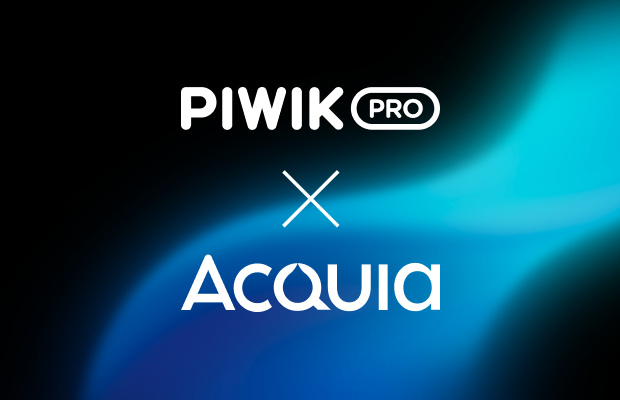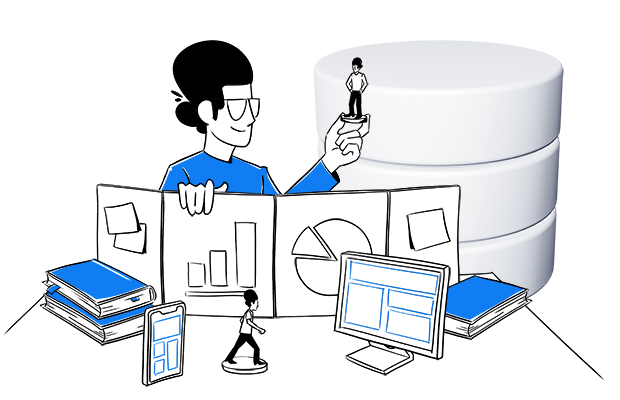The so-called “cookieless” marketing typically refers to advertising and marketing strategies that don’t rely on third-party cookies to monitor users’ online activities. With the phase-out of third-party cookies by major browsers such as Firefox and Safari, marketers are seeking alternative methods to reach and engage their target audience while respecting user privacy.
The most popular strategies for “cookieless” marketing include:
- Investing in first-party data: Instead of relying on data collected from third-party cookies, marketers focus on leveraging their own first-party data collected directly from their website visitors or customers. This data includes information such as website interactions, purchase history, and preferences.
- Contextual targeting: Contextual targeting involves placing ads based on the context of the web page rather than individual user behavior. Advertisers analyze the content of the page to ensure their ads are relevant to the discussed topic, increasing the chances of engagement.
- Data clean rooms: Data clean rooms are secure environments where multiple parties can share and analyze first-party data without compromising user privacy. Marketers can collaborate with other organizations to gain insights and improve targeting without relying on third-party cookies.
- Universal IDs: Universal IDs are unique identifiers that help track users across different websites and devices. These IDs are created using deterministic or probabilistic methods and aim to provide a consistent user experience without relying on third-party cookies.
- Adopting alternative tracking methods: Marketers explore alternative tracking methods such as server-to-server integration and cookieless tracking mechanisms like session hashes. These methods allow them to collect valuable analytics data while respecting user privacy and complying with privacy regulations.
Turning your attention towards these methods instead of third-party tracking might help you make your marketing strategy more future-proof and privacy-friendly. To learn more about effective methods for online marketing and advertising in the post-third-party cookie world, read these posts:










